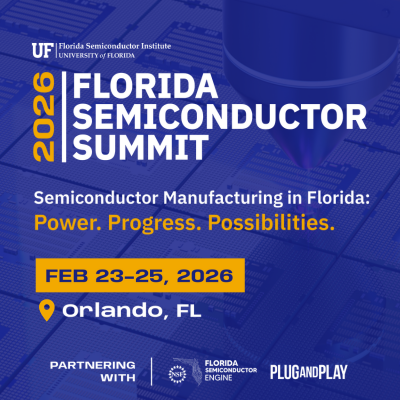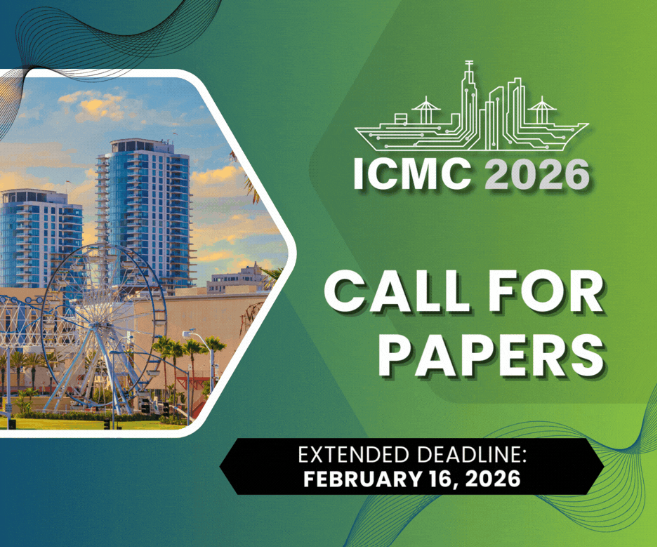The Systems Modeling Language (SysML) is used by systems engineers that want to specify, analyze, design, verify and validate a specific system. SysML started out as an open-source project, and it’s a subset of the Unified Modeling Language (UML). Mirabilis Design has a tool called VisualSim Architect that imports your… Read More
Author: Daniel Payne
Mapping SysML to Hardware Architecture
Power Delivery Network Analysis in DRAM Design
My IC design career started out with DRAM design back in 1978, so I’ve kept an eye on the developments in this area of memory design to note the design challenges, process updates and innovations along the way. Synopsys hosted a memory technology symposium in November 2022, and I had a chance to watch a presentation from SK hynix… Read More
Webinar: Enhance Productivity with Machine Learning in the Analog Front-End Design Flow
Analog IC designers can spend way too much time and effort re-using old, familiar, manual iteration methods for circuit design, just because that’s the way it’s always been done. Circuit optimization is an EDA approach that can automatically size all the transistors in a cell, by running SPICE simulations across… Read More
The State of FPGA Functional Verification
Earlier I blogged about IC and ASIC functional verification, so today it’s time to round that out with the state of FPGA functional verification. The Wilson Research Group has been compiling an FPGA report every two years since 2018, so this marks the third time they’ve focused on this design segment. At $5.8 billion… Read More
Interconnect Choices for 2.5D and 3D IC Designs
A quick Google search for “2.5D 3D IC” returns 669,000 results, so it’s a popular topic for the semiconductor industry, and there are plenty of decisions to make, like whether to use an organic substrate or silicon interposer for interconnect of heterogenous semiconductor die. Design teams using 2.5D and … Read More
The State of IC and ASIC Functional Verification
Way back in 2002 there was a study from Collett International Research on functional verification, and since 2010 the Wilson Research Group has continued that same kind of study with a new report every two years. What attracts me to this report is that it doesn’t just look at the installed base of one EDA vendor, instead it looks… Read More
3DIC Physical Verification, Siemens EDA and TSMC
At SemiWiki we’ve written four times now about how TSMC is standardizing on a 3DIC physical flow with their approach called 3Dblox, so I watched a presentation from John Ferguson of Siemens EDA to see how their tool flow supports this with the Calibre tools. With a chiplet-based packaging flow there are new physical verification… Read More
Achieving Faster Design Verification Closure
On big chip design projects the logic verification effort can be larger than the design effort, taking up to 70% of the project time based on data from the 2022 Wilson Research Group findings. Sadly, the first silicon success rate has gone downwards from 31 percent to just 24 percent in the past 8 years, causing another spin to correct… Read More
Counter-Measures for Voltage Side-Channel Attacks
Nearly every week I read in the popular press another story of a major company being hacked: Twitter, Slack, LastPass, GitHub, Uber, Medibank, Microsoft, American Airlines. What is less reported, yet still important are hardware-oriented hacking attempts at the board-level to target a specific chip, using voltage Side-Channel… Read More
CES 2023 and all things cycling
It’s January so time for me to review what I’ve found at CES this year that relates to cycling. Unlike last year when there were many last-minute cancellations from exhibitors, in 2023 it’s in-person and bigger than ever. The electrification of bikes continues, and many of these electronic devices are cloud… Read More



















TSMC vs Intel Foundry vs Samsung Foundry 2026